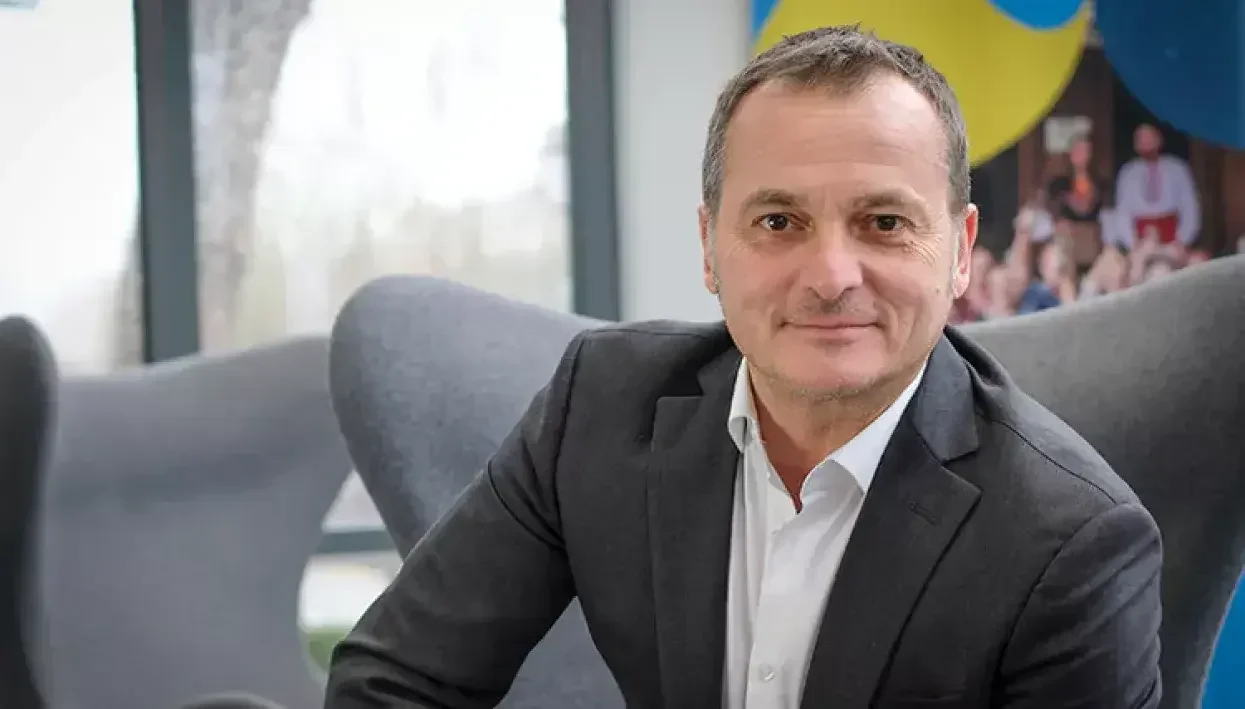Screen Printing
Christophe Aussenac, the next FESPA President
Author
FESPA Staff
Published Date
23/07/2021
Become a FESPA Member
to Continue Reading
